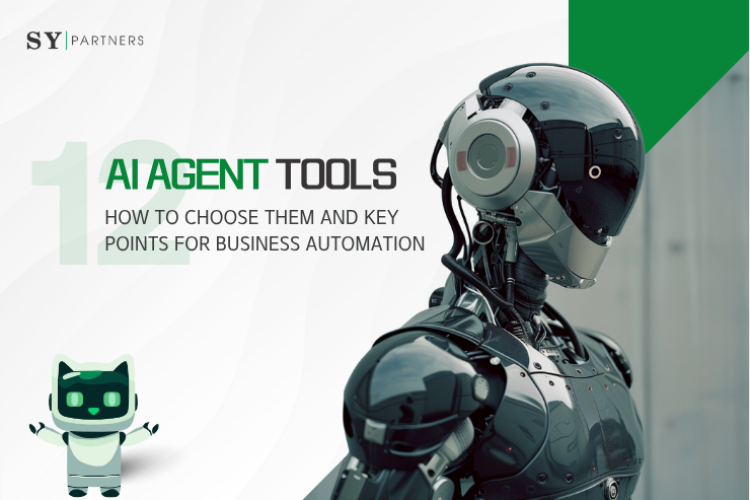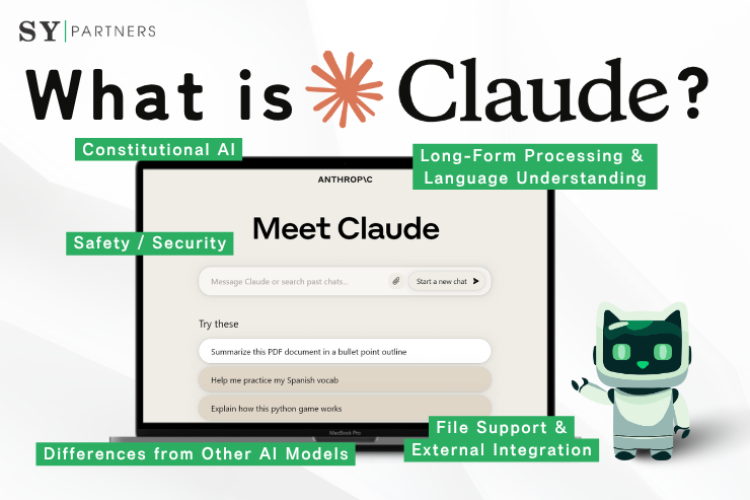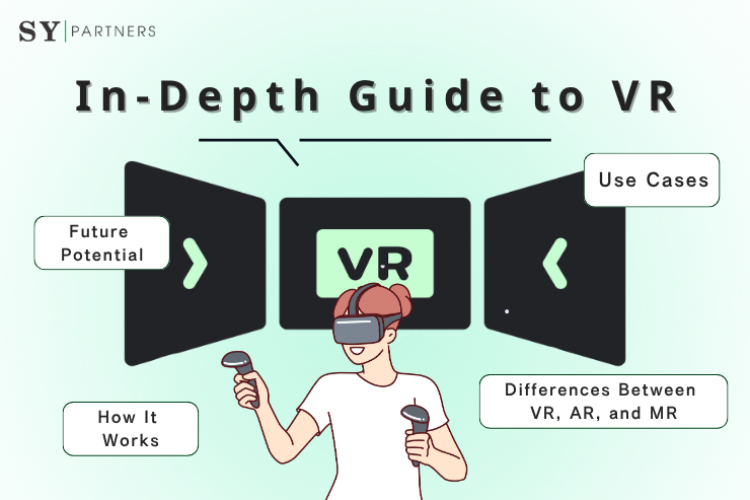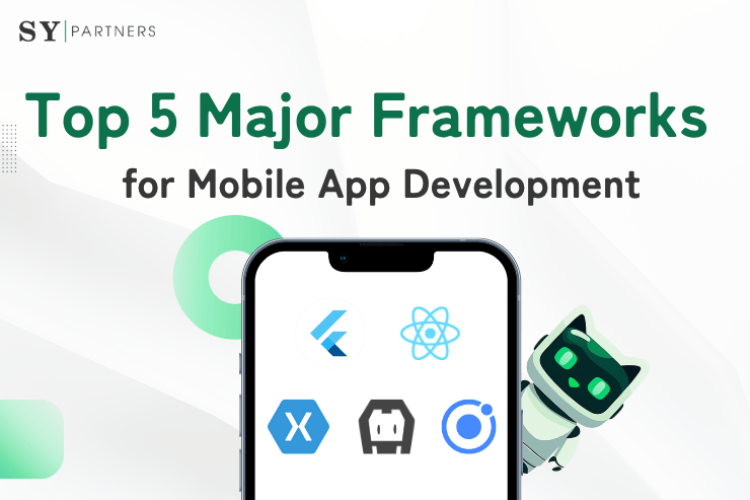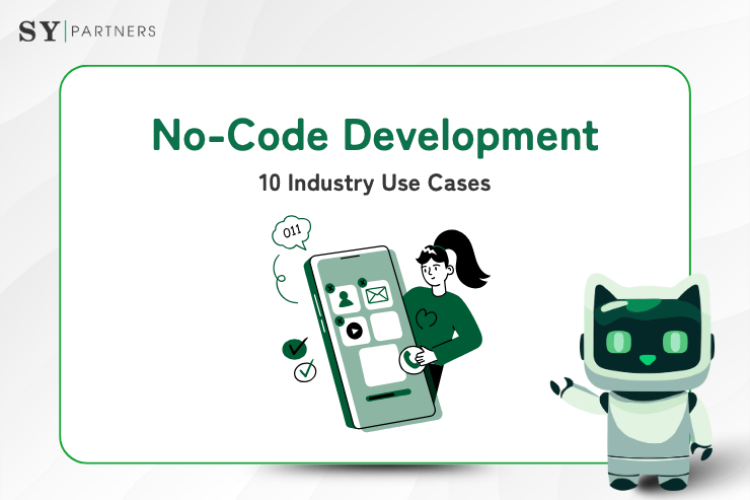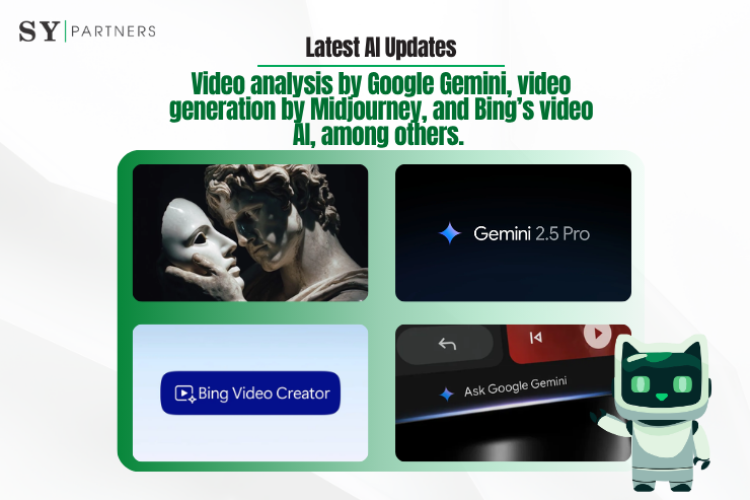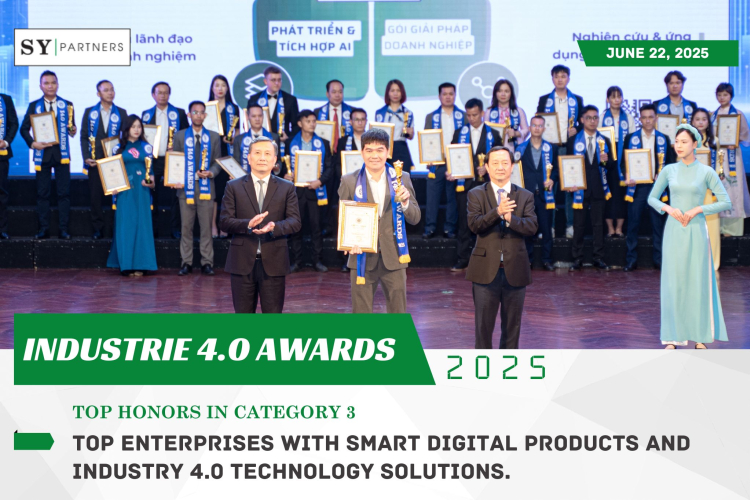12 Recommended AI Agent Tools: How to Choose and Key Points for Business Process Automation
With the evolution of AI technologies, AI agent tools are becoming essential drivers of business process automation and operational efficiency.
Especially for technology-driven companies, reducing repetitive tasks, enhancing data analysis, and strengthening customer support are crucial sources of competitive advantage.
However, with so many tools available, selecting the one best suited to your organisation—and implementing it effectively—is no easy task.


 EN
EN JP
JP KR
KR